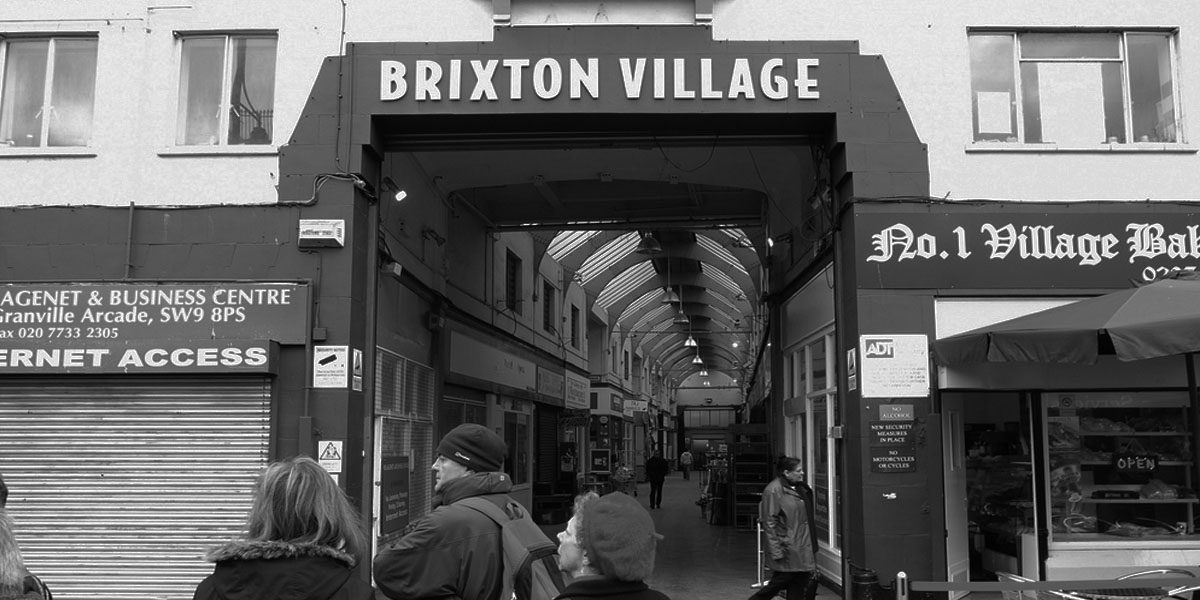Immigration: Learning from the local
As David Cameron sets out more benefit restrictions on EU migrants today, he responds to genuine anxiety in Britain about the numbers of Romanians and Bulgarians who might come to the UK in 2014. But those of us on the left can...
As David Cameron sets out more benefit restrictions on EU migrants today, he responds to genuine anxiety in Britain about the numbers of Romanians and Bulgarians who might come to the UK in 2014.
But those of us on the left can sometimes have difficulty understanding or empathising with such deep-seated concerns about migration. This is for at least two reasons. First, left-wingers are typically universalists and internationalists and, therefore, attach comparatively little importance to nationalism and national identity.
Second, an overriding concern of left-wing thought is that the poorest and most vulnerable in society be prioritised. These two instincts result in a positive attitude towards immigration because immigrants are by definition not (yet) co-nationals and they are almost always relatively poor (nobody seems to care all that much when rich people decide to relocate).
But democracy involves giving all an equal say and stake in how our society is shaped. For one thing, that should mean is that we are willing to seek to understand and empathise with the perspectives and concerns of those we share our society with, even when we disagree, as we inevitably will.
And regardless of how much the left might wish it did not, immigration really does seem to matter to very many people. The question is: what to do about it? One approach is to continue to point to the various studies and reports that highlight that immigrants are not a drain in the economy, but in fact a positive benefit. Welcome as these studies are, they don’t seem to have the impact on attitudes to immigration that is expected: they don’t seem to change the minds of those with deep-seated concerns.
An alternative response to the fact that many people clearly care a lot about the level of immigration would be to genuinely seek to understand what motivates their concerns. The best way to do this would clearly be to ask them, but we know that people are notoriously bad at engaging meaningfully with others we have already decided are wrong. So the next best way would be to look within out own experience to see if there is something that might enlighten us about the motivations of those with whom we disagree. I suggest the left’s concerns about gentrification might be one such issue.
Gentrification is the process whereby an area is radically transformed by the influx of new wealth, in particular increasing property values leading to a displacement of poorer residents. One example of place where this process is well under way is Brixton in south London – a place I know well.
The shining symbol of the gentrification of Brixton is the very hip ‘Brixton Village’, an undercover market full of trendy bars, restaurants and cafés catering to the largely young, middle-class clientele who are the new residents of Brixton. It was not always thus: I remember visits with my mum 10 or 15 years ago when the market (as it was humbly known back then) was frequented in the main by working-class people buying meat, fish, fruit, veg and African fabrics.
I have ambivalent feelings towards the gentrification of Brixton. On the one hand, I like the fact that many of my friends are moving to Brixton and want to spend more of their time there. On the other hand, I am troubled by the fact that powerful economic forces and prise rises that I cannot control (and politicians seem unwilling to) are leading to long-standing communities being ripped apart, and me gradually not being able to recognise a place that I have known so well for so long.
It also troubles me that some new residents seem to be moving to Brixton simply because other people like them have moved there. There is sometimes little attempt to engage with the culture and history that existed before. What might have been a two-way process whereby the new residents influence the local area as much as the local area influences them, becomes a one-way process in which the new residents have no desire to change and may even try to mould and shape the environment in their own image.
This combination of feelings leaves me feeling confused and powerless. I am aware of the positive aspects of gentrification and I’m aware that areas and communities are always changing. But I’m slightly uncomfortable with the fact that I have little control over or stake in the pace and direction of the change that is currently taking place, and I’m disappointed by the fact that politicians seem unable to unwilling to exert any control or give me a say.
Now, I can’t speak for people who have deep-seated concerns over immigration and I don’t have such concerns myself, but perhaps my feelings about the gentrification come close to how they feel about immigration. In which case, the left – though we may still disagree with the idea of crude caps on immigration and abhor the use of racist or inflammatory gestures – should be able to understand and empathise with these concerns much, much better than we do now. And, in a democracy, empathy is always a good place to start.
Temi Ogunye works at the Citizenship Foundation on a project educating young people about the legal system. He tweets @temiogunye
